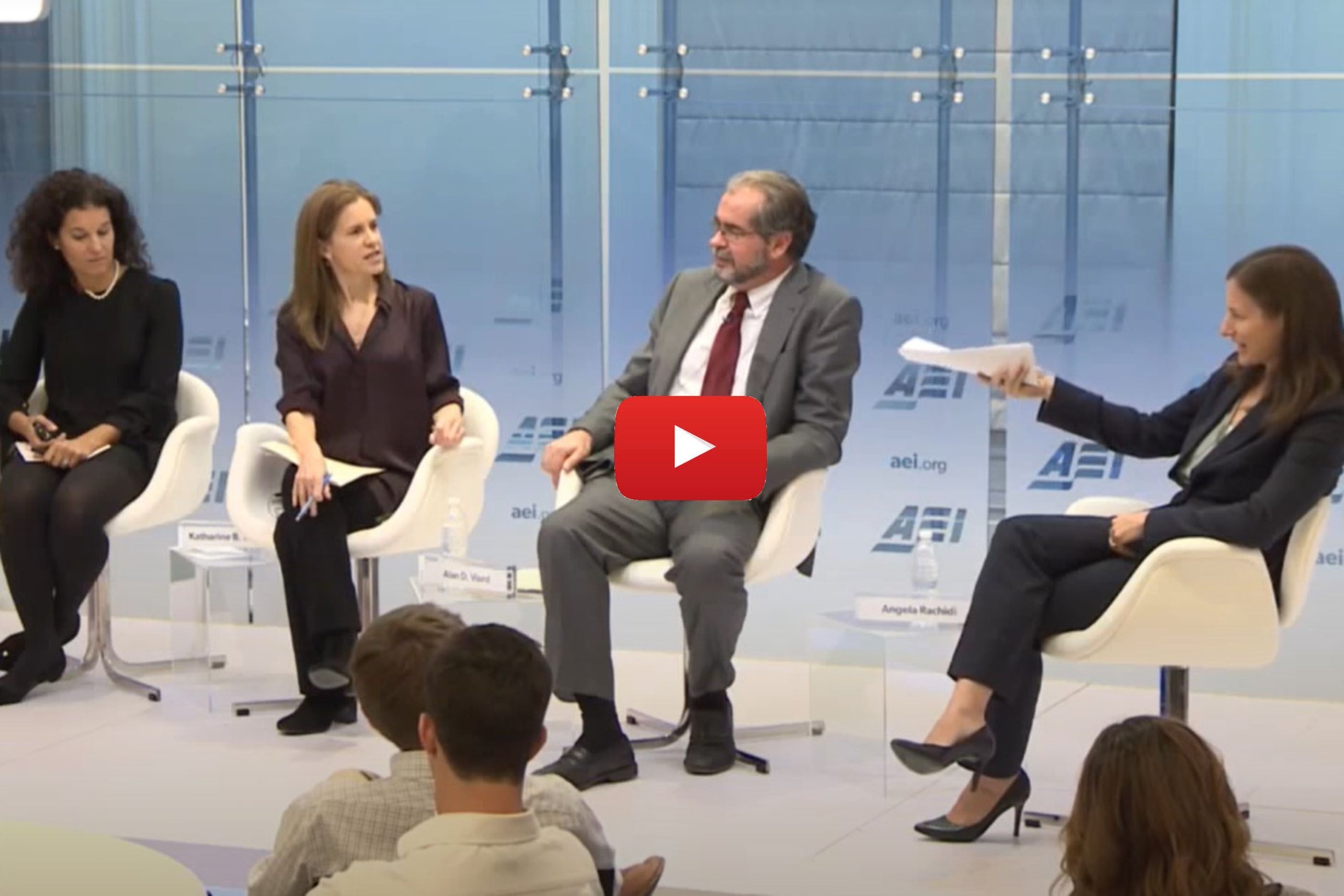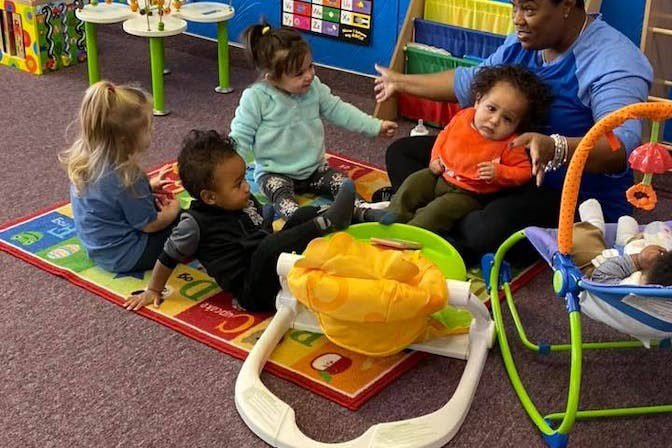All Work
Early Childhood Education
A Breakthrough Federal Initiative in Early Care and Education
The Preschool Development Grants B–5 program is perhaps the federal government's most thoughtful and comprehensive approach to early childhood care and education to date — and a notable departure from previous federal initiatives.
Nature and Nurture: Can New Science Inform Child Policy? – Interview with Jack Shonkoff
A scientific revolution is changing the way scientists and researchers think about how early life experiences affect genetic predispositions.
Can the Tax System Be Used to Help Working Families Afford Child Care? A Conversation with Representatives Kevin Yoder (R-KS) and Stephanie Murphy (D-FL)
Katharine Stevens joins a panel of experts to analyze the proposed Promoting Affordable Childcare for Everyone (PACE) Act and discuss other approaches to increasing the affordability of child care for low-income American families.
Bipartisan Childcare Bill Won’t Help Families That Need it Most
While PACE Act supporters claim that it will “promote expanded access to affordable child care for everyone," it will actually do zero for the families who need help most.
The Importance of the First Five Years: Katharine Stevens’ Testimony on Capitol Hill
Today’s early care and education programs must have two purposes. First, support parents’ work in a 24/7 economy, and second, advance children’s healthy growth and learning during the most crucial period of human development.
Promoting State Leadership: A Federal Strategy for Advancing High-Quality Care and Education for Young Children
We must find new ways to promote and leverage growing state commitment to early childhood, to incentivize state innovation, and to highlight strategies and activities of currently leading states.
What Does Early Childhood Have to Do with America’s Workforce Problem? A Lot, Actually
Business leaders have long understood the importance of a well-educated workforce to support a strong economy, keep America competitive globally, and ensure a vibrant democracy.
Workforce of Today, Workforce of Tomorrow: The Business Case for High-Quality Childcare
Advancing access to high-quality childcare is a wise investment in America’s future — strengthening business today while building the workforce we’ll depend on tomorrow and for decades to come.
Child Care is Critical
For low-income and working-class Americans, access to high-quality child care is essential to achieving the American Dream.
Child Care, Not Pre-K, is Our Nation’s Most Important Early Education Program
While early childhood has rapidly been moving into the national spotlight, much of early childhood research remains weak and ill-focused. A $35.5 million grant given to Harvard last month could make a big impact in moving high quality research forward.
A Much-Needed Pre-K Primer
Failing to differentiate among early childhood programs results in misleading polls about support for pre-K.
Does Pre-K Work? The Research on Ten Early Childhood Programs—and What it Tells Us
Widely cited early childhood programs vary greatly in both design and results. The research on these programs shows neither that “pre-K works” not that it doesn’t; rather, it shows that some early childhood programs yield particular outcomes, sometimes, for some children.
Preschool for All is No Panacea, California
Instead of launching a costly and unproven program for 4-year-olds, California should invest in helping vulnerable, young children in the home and in child care.
Pre-K Isn’t Enough
While a year of pre-K can be helpful for many children, too often focus gets diverted from improving early learning for disadvantaged young children to promoting universal pre-K for all four-year-olds.
A Caution to Early Educators
It’s important to remember that getting money in the budget isn’t enough to realize the promise of early education. How early learning programs are designed and carried out is as important as whether they’re done at all.
Here Come the Child-Care Cops
Research shows that good preschool can be critical to young children’s development and is insufficiently accessible to poor and working-class families. But new federal grants are paying states to institutionalize a misguided conception of quality, repeating the same mistakes that the education establishment has been making in K-12 for decades.
A Pivotal Shift in the New Child Care and Development Block Grant
The most striking aspect of the newly-reauthorized federal childcare program is its pivotal shift from seeing child care solely as a babysitting service for working parents to recognizing it, too, as a crucial opportunity for young children’s early development and learning.


















